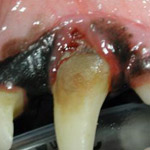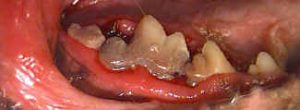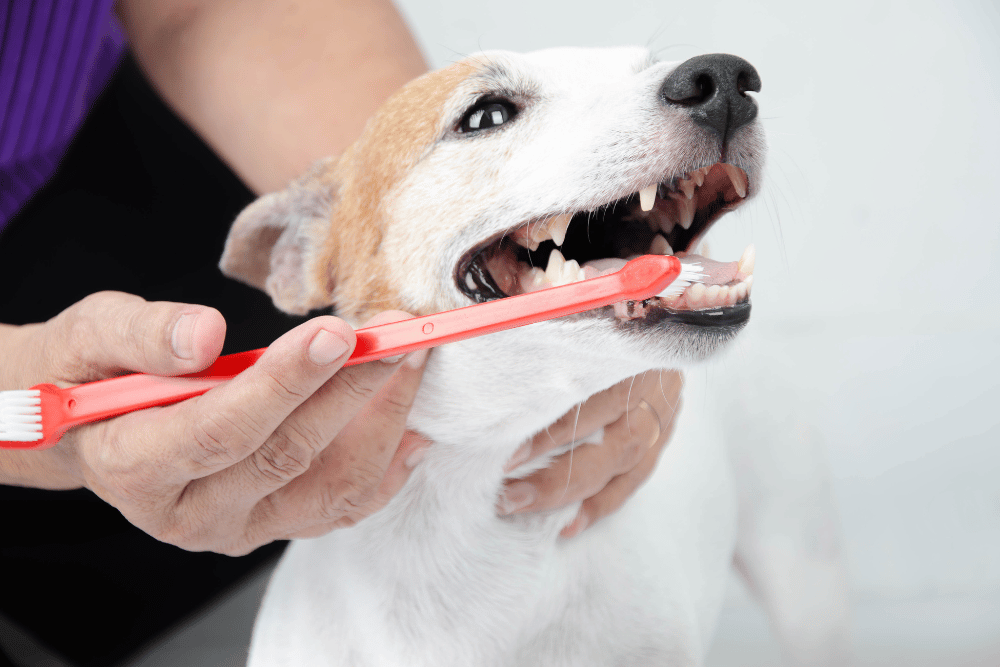Pet Dental Services
At True Companion Animal Hospital, we are your trusted veterinary clinic in Spring, TX, dedicated to providing comprehensive dental services for your pet’s overall health.
Pet Dental Services in Spring, TX
Our experienced team conducts consultations to understand your pet’s unique requirements, tailoring our care to meet their individual needs.
Pet Dental Services
Modern Dental Care For Your Pet
Veterinary medicine has come a long way from when “dental care” meant a veterinarian using a hand scaler to remove visible tartar from teeth. Now, thanks to more modern procedures and better education, your pet can receive progressive, high-quality dental care as you would expect for yourself.
Also, improvements in the safety and administration of anesthesia allow us to perform dental procedures on some of the oldest and most needy pets.
Benefits of regular (yearly) dental cleaning
- Prevent pain
- Reduce mouth odor
- Prevent tooth loss
- Reduce chance of early organ failure
- Extend and promote a long, healthy life
Providing your pet with regular dental care is one of the greatest gifts you can give your beloved companion. Dental disease begins with plaque, progresses to gingivitis, and then periodontitis. Once periodontitis sets in, the teeth become infected and begin to loosen. This is an extremely painful condition. Yet, most of our pets do not complain outwardly. Many pets suffer in silence, continuing to wag their tails and eat their meals, leaving their human caretakers none the wiser. As periodontitis progresses, the gums recede, allowing bacteria to travel through the bloodstream to other parts of the body. These bacteria can cause disease in the heart, liver, and kidneys.
PLAQUE: A mass adhering to the enamel surface of a tooth composed of bacteria, inflammatory cells, and saliva polymers.
GINGIVITIS: Gingivitis is inflammation of the gingiva (tissue surrounding the teeth) caused by the accumulation of plaque. It is characterized by redness and swelling of the gums.
PERIODONTITIS: Periodontitis is inflammation of the tissues surrounding the tooth roots, resulting in the recession of the gingiva and loss of attachment of teeth to the bones. Periodontitis follows untreated gingivitis. Untreated periodontitis leads to tooth loss.
Question: How can I tell if my pet has dental disease?
In many cases, identifying dental problems in your pet is as easy as lifting the upper lip and checking for tartar and mouth odor. However, some pets are so painful in the mouth that they will not allow an oral exam. Still, other pets show no outward signs of dental problems and suffer silently.
We recommend you familiarize yourself with and watch for these common indications of dental disease in your pet.


Common visible signs of oral disease include
- Red, Swollen, or Bleeding Gums
- Loose, Broken, or Abscessed Teeth
Clinical signs that may be noted
- Loss of appetite
- Pawing at mouth
- Excessive drooling
- Sensitivity around mouth (pets that don’t want their mouth handled)
FACTS!
Gingivitis invariably progresses to periodontitis if not treated.
Gingivitis is reversible! If treated before periodontal disease occurs, gingivitis can be completely reversed.
Periodontitis is not reversible. However, treatment can slow or halt the progression of the disease.
If you have any questions about our services, please contact us today at (281) 363-8708.

